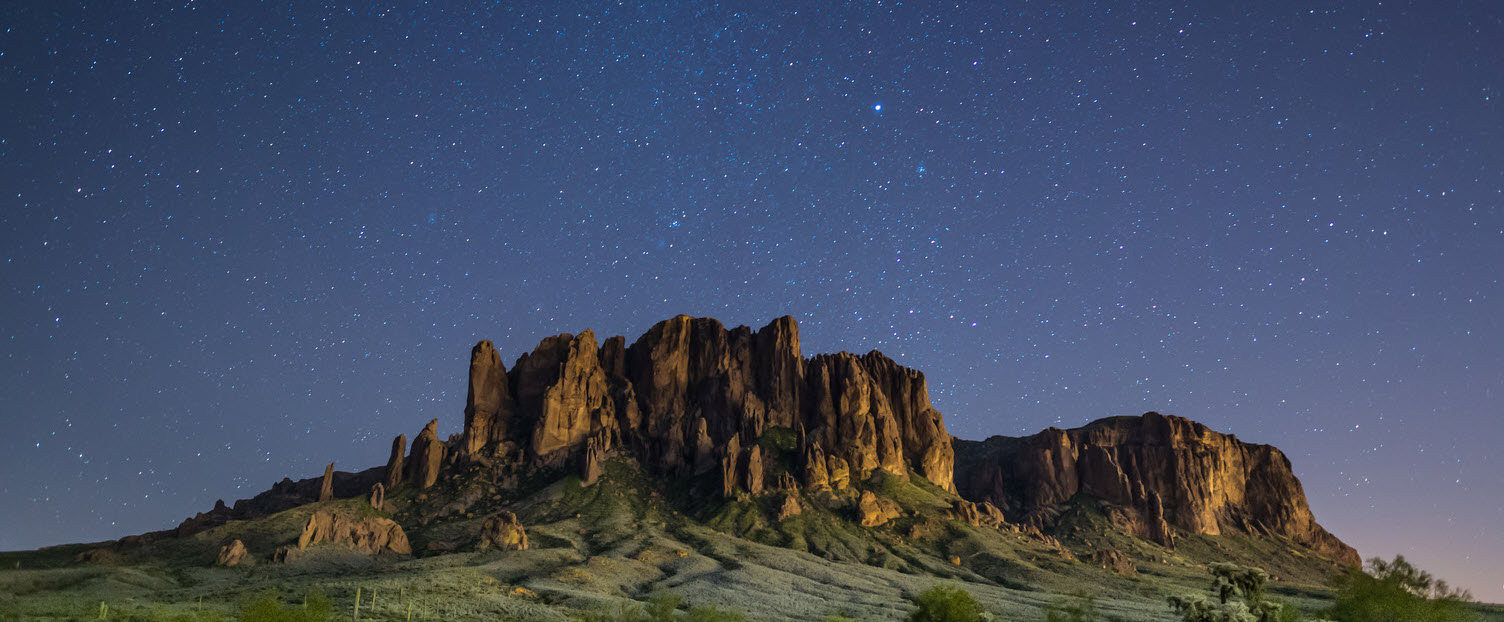
Middle Career
Experienced
Connecting AGU Members to Federal Legislators
AGU’s Local Science Partners program cements sciences’ place in decision-making and diversifies sciences’ Congressional champions by empowering selected AGU members to build trusting, long-lasting relationships with their federal legislators to advance the policy priorities of the AGU community.
Our Partners receive skills-building training in key science policy and advocacy skills and work together with AGU’s science policy team to use their expertise to connect federal issues to their local communities and states. Partners range from early-career scientists to distinguished professors’ emeriti; from biologists to geologists to vulcanologists to oceanographers; and from those working in academia to nonprofits to the private sector.
All scientists – even those who work for federal agencies or state-funded institutions – are entitled to engage their federal legislators. Scientists in our programs are not representing their work or institutions. Selected Partners commit to advancing federal science funding and legislative issues as individuals and AGU members. If you have any questions on the legality of engaging with legislators on behalf of science, please refer to the materials from the Climate Science Legal Defense Fund (CSLDF) or contact them by web form to receive a free consultation.
With the skills and training from the Local Science Partners program and the opportunity to attend an annual Congressional Visit Day in Washington, D.C., AGU members will leverage their know-how to influence legislation to benefit humanity and the environment.
Duties and Time Commitment
Our Local Science Partners are onboarded yearly as a cohort and are expected to participate for a minimum of one year. There are no term limits and Partners may remain in the program as long as they wish while staying engaged and completing policy action items. If you are just beginning your science policy journey and would like more mentorship, considering applying to our Voices for Science program for a year-long training program or our Geosciences Congressional Visits Day for a two-day introduction to science policy and messaging in Washington, D.C.
Depending on what is happening in Congress, Partners typically devote around 2-4 hours per month to the program and/or with their legislator advancing AGU’s policy priorities.
Throughout the year, Partners will receive updates about federal legislation, policy action items, and other engagement opportunities.
We also offer several virtual training opportunities and time to virtually connect with Partners in your region throughout the year.
- Several science advocacy skills-building and learning workshops provided throughout the year by AGU’s staff and guest speakers.
- Letters to department heads or organizational supervisors applauding each participant’s program involvement.
- Funding for participants to attend a congressional visits day in Washington, D.C.
- Annual meeting registration for active members.
Criteria
- Want to partner with AGU’s science policy team to help advance AGU’s policy agenda as an AGU member and private citizen.
- Believe policy is a powerful tool in advancing science and creating change.
- Are highly interested in science communication and in becoming a science policy advocate.
- Recognize that science is important but not the only factor in policymaking.
- Are persistent and willing to push for something important.
- Expect to live in the same district and state throughout the course of the application year.
- Are willing to remain nonpartisan when talking to legislators and maintaining a nonpartisan public/media presence.
Eligibility
- AGU membership is required, but not needed to apply; selected applicants must confirm their membership if accepted.
- AGU members from all career stages with an interest in science policy and communication based in the U.S. are eligible.
- You must confirm that you are comfortable advocating to your legislators on behalf of science in your personal capacity.
- Please refer to the CLSDF guide on engaging with your legislators and speak to your ethics or government relations counsel of your organization with any questions.
2025 Cohort
Orientation for our 2025 Local Science Partners will be held virtually on Thursday, 7 November from 12 – 1:30 pm ET.
Any new Local Science Partners attending AGU24 in Washington, D.C. in December will be invited to a luncheon to meet staff, existing members, and other cohort members.
Each year, we host our Local Science Partners in Washington, D.C. for a workshop and Congressional Visit Day. The workshop is tentatively scheduled for either 19 – 20 March or 26-27 March 2025 Hotel and travel are covered for active program participants, and it is mandatory for first year Partners.

